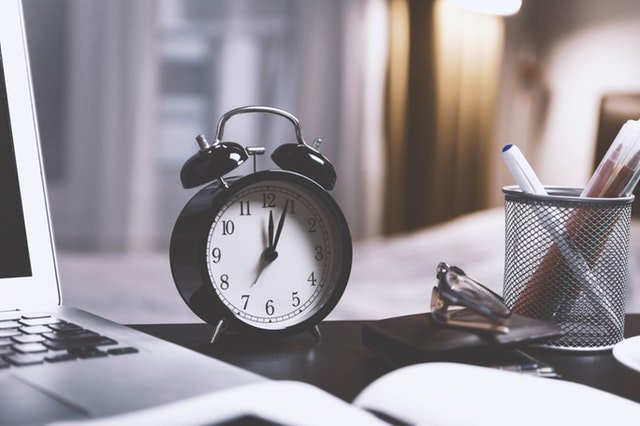
We know that a high-salt diet is a big risk factor for high blood pressure.
Unfortunately, it is very easy to too much salt in daily life.
When you eat fast food, eat in a restaurant, or buy ready-to-eat meal from grocery store, you can consume more salt than recommended.
Why is blood pressure sensitive to salt?
Although researchers have not fully understood the reason, they do find that there is genetic reason why some people’s blood pressure is sensitive to salt.
For example, a recent study from University of Virginia shows how a gene variant found in 48 percent of the population makes the body not eliminate excess salt after high-salt meals.
Having this gene can increase the odds of having blood pressure that is sensitive to salt.
This is very bad because high blood pressure is linked to higher risk of heart disease, stroke, kidney failure and blindness.
One way to solve the problem is to use a genes code for a protein in the kidney that helps balance sodium elimination with sodium retention.
Another way, which is easier, is to reduce salt intake in daily diet.
There are many ways to eat less salt.
For example, one can use spices, herbs, roots, vinegars and wine to replace salt. Chili, pepper, garlic, ginger, lemon, lime, cinnamon, turmeric, basil and mint are favorite choices.
One can also use healthy oil, like olive oil, soybean oil, canola oil, soybean oil to reduce the use of salt. And eat less whole grain from bread.
To protect your blood pressure, you also need to sleep well and have a regular lifestyle.
Recent studies show that the body clock (circadian rhythm) can influence blood pressure.
When the body clock is disrupted, even a low-salt diet can elevate resting blood pressure and risk of vascular disease.
One study published in Hypertension finds that many factors can break the body clock function. People who have sleep disorders, do shift work, have chronic disease or even just get old may have a higher risk of body clock dysfunction.
Sleep or rest time is when our 24-7 organs should get at least a bit of a break. The heart rate decreases, and the blood pressure shows a circadian rhythm.
This also means circadian dysfunction can be silent and dangerous.
Ideally, high blood pressure patients should monitor their blood pressure 24 hours to see if there is anything wrong with the blood pressure circadian rhythm.
That may help find more effective high blood pressure treatment.
The authors suggest that people who high blood pressure or high risk of the disease should 1) eat less salt, and 2) have a good night sleep every day.
Copyright © 2018 Knowridge Science Report. All rights reserved.



